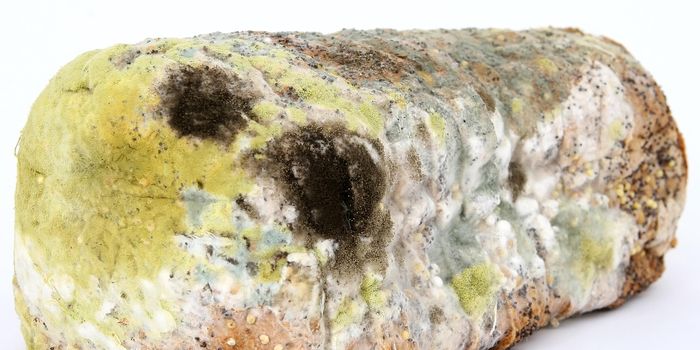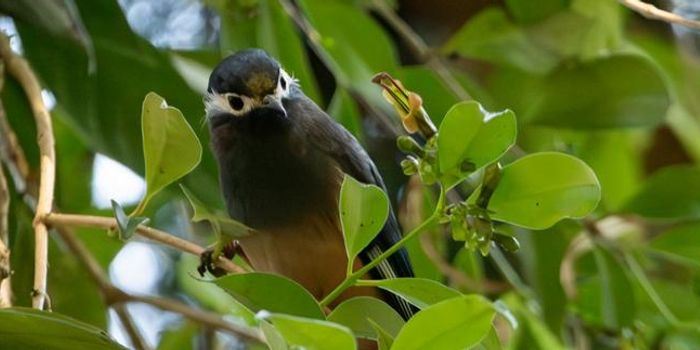Octopuses Change Color When They Are Feeling Aggressive
An octopus, much like a chameleon, has the ability to change its skin color. Common belief has long stood that an octopus will change its color in relation to its surroundings in order to prevent predators from seeing it and attacking it, but new research suggests octopuses may change their color for a different reason.

Unlike a wide variety of other animals, which are very social towards one another, octopuses are rarely seen with other animals, even their own kind. They’re thought to be asocial, and this means they don’t particularly like being with others and rather enjoy to live a life of solitude.
With this in mind, they may get grumpy or angry by other animals attempting to socialize with them. According to a new study published in the journal Current Biology, octopuses may change their color to signal aggression towards another animal, different species or not, and perhaps even to initiate a fight.
The researchers mostly monitored a specific species of octopus known as octopus tetricus, which is a species native to Australia and New Zealand, comparing signals in body language to that of the color changes using hidden cameras while divers weren’t present. Researchers have determined that color changes happen most frequently under stressful scenarios where aggression was one of the key factors of the octopus’ behavior.

Under aggression, an octopus will change its color to a darker one to scare away lighter-colored animals while it also attempts to increase its body size by standing taller off the ground to scare off smaller animals. Such behavior is meant to intimidate threats and scare off other animals to preserve life.
Although it’s possible some octopus species may use their camouflage technique to evade predators in some scenarios, it seems that the long-standing idea of this feature being applied to app species is very much possible to disprove. Some species simply take advantage of their features to rule their territory.
Source: Current Biology








